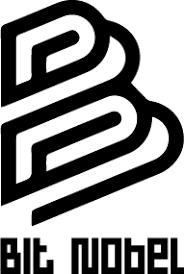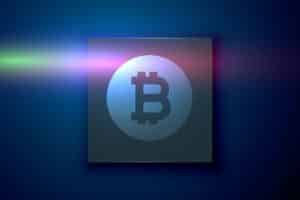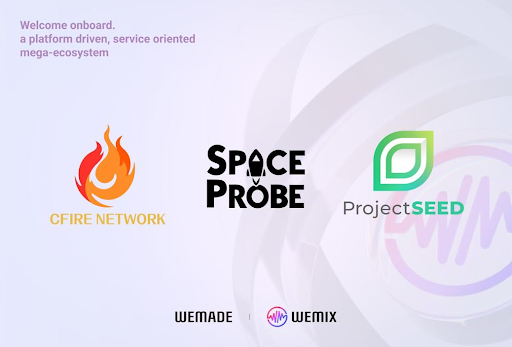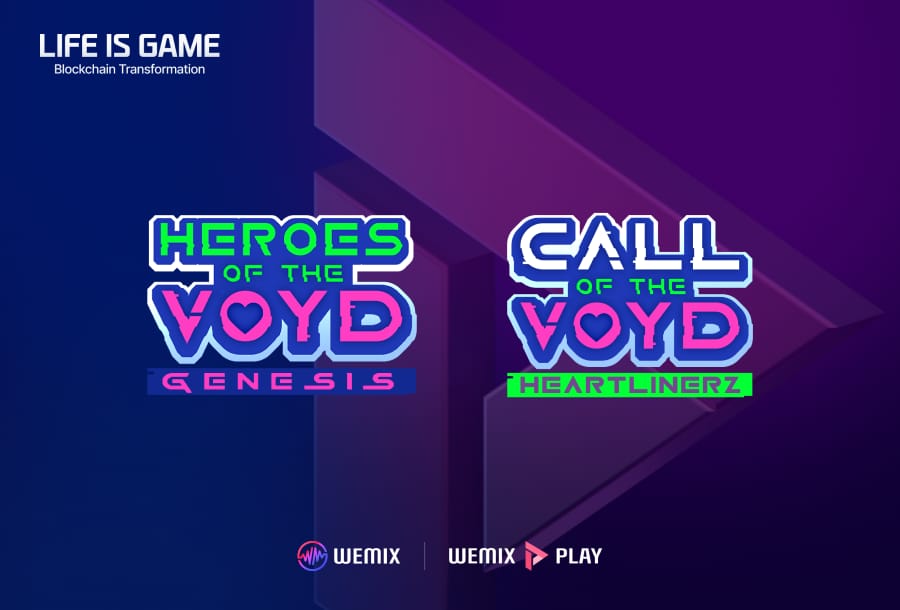While all the eyes of investors are fixed on the crypto market’s price action, among Bitcoin developers an animated discussion is ignited regarding the choice of the Ocean mining pool to filter transactions with Ordinals inscriptions.
According to the members of the pool, including its founder Jack Dorsey and Bitcoin Core developer Luke Dashjr, the Ordinals would represent a serious threat to the health of the network as a potential vehicle for spam and DoS attacks.
Now the well-known registration protocol, which allows generating NFTs and non-fungible BRC-20 tokens on the Bitcoin blockchain, risks disappearing if other miners side with Ocean.
The crypto community is divided into two sides on this issue, with one side focused on securing the decentralized network, while the other side supports the ideology of freedom and fighting against censorship.
Below are all the details of this delicate situation.
The Ocean mining pool by Jack Dorsey and the decision to filter Ordinals transactions to protect the Bitcoin network from “spam attacks”
It all starts when user X “Checksum0” notices that the newborn mining pool Ocean was excluding the validation of transactions with very high fees on the Bitcoin network, which is unusual for a miner since their usual goal is to maximize the yield of their work.
A few days after Ocean, supported by the co-founder and former CEO of Twitter Jack Dorsey and Bitcoin Core developer Luke Dashjr, announced that with the latest test of Bitcoin Knots v25.1, the pool would start filtering Ordinals transactions, easily recognizable due to the high block size.
We remind you that Bitcoin Ordinals, publicly conceived as “NFT on Bitcoin”, are nothing more than individual Satoshis (indivisible units of BTC) on which metadata such as images, videos, and texts are “inscribed”.
The Ordinals trend has attracted a lot of attention from the public during 2023, to the point of leading to the development of the BRC-20 protocol that allows the creation of fungible tokens on Bitcoin, similar to ERC-20, with different characteristics from each other.
The “problem” with Odinals inscriptions is that they require a high block size and more easily clog the decentralized network, while also bringing a boost in earnings to the miners who earn more fees for approving such a transaction.
Luke Dashjr, who also serves as CTO at Ocean, has a contrary view on Ordinals as he believes they compromise the health of the Bitcoin network due to the high presence of spam and potential threat of DoS attacks.
In short, the high data flow brought by the so-called “NFTs on Bitcoin” would be considered a bug by Dashjr and the Ocean mining pool because it would make the network less scalable and require users to pay higher network fees compared to the average to process “normal” transactions.
Now the developer Dahsjr wants to “fix” the bug with version v.27 of Bitcoin Core with release expected by the end of next year. If all Bitcoin nodes decide to download this software version, Ordinals as we know them today could disappear from circulation.
On the same day that Ocean made his action plan public and hinted that he will fight against the degenerate practice of enrolling the satoshis, the most well-known crypto-meme among the BRC-20 Ordinals, namely Ordi, lost about 12% of its value in the market.
The debate within the community: censoring Ordinals goes against Bitcoin’s libertarian principles
After the mining pool Ocean made the decision to exclude Ordinals BRC-20 transactions from its validation operations, a lively discussion has erupted within the Bitcoin community regarding the correctness of this choice and its consistency with the libertarian principles of the cryptographic network.
Among the maximalists, many did not appreciate the way Ocean behaved because first of all, they notified their stakeholders late about the fact that they were blocking tx with high block size, and it was an anonymous user on X who noticed the ambiguity of the situation.
Furthermore, the majority of pro-Ordinals supporters, who want a network free from any centralized attack and resilient to any censorship attempt, believe that Dashjr’s patch, which will be included in version v.27 of Bitcoin Core, represents an act of violence against the community.
Filtering transactions arbitrarily is not synonymous with freedom and implies an unfair practice towards the network and “what it allows to do”.
On the other hand, those who side with the Ocean mining pool and Dashjr believe that the innovations brought to Bitcoin with the recent Segwit and Taproot updates have triggered the spread of a bug (this is how the Ordinals are declined) that clogs the network with spam and useless data.
This line of thought argues that network efficiency is the most important thing, and that inscriptions represent a danger to the security of Bitcoin as a potential vehicle for DoS attacks.
Among the representatives of this more conservative vision that extol a basic use of the Bitcoin layer as it was intended by Satoshi Nakamoto, we find people of the caliber of Giacomo Zucco, one of the most well-known figures in the world of Bitcoin dissemination.
The issue partially echoes the decision of another mining pool, this time F2pool, which in the past had decided to filter transactions that were found to be non-compliant with OFAC principles, but it has been less discussed by the Bitcoin community.
Now Ordinals and BRC-20 are at risk of extinction: the Bitcoin Core v.27 version, on which a patch that “bans” inscriptions should be inserted, is expected by the end of next year.
If all nodes adhere to the new version, we could definitively seal the death of the protocol created by Casey Rodarmor as inscriptions would no longer be processed by any mining pool.
All this seems unlikely anyway since miners have an interest in mining transactions containing Ordinals as they pay much higher fees compared to “normal” tx.
The risk of this whole affair and the division into two factions within the Bitcoin community is that in the future a fork of the network may be executed, to determine which nodes will switch to the new censoring version and which will remain faithful to libertarian ideologies.
Conclusive reflections
The pro/con Ordinals issue can only open a bitter debate between conservative maximalists and supporters of a slightly softer worldview that rewards innovation.
The debate is not so much about the usefulness of BRC-20 tokens, which may or may not represent a noteworthy trend, but rather on a purely ideological front.
Is it better to prioritize security and scalability, limiting Bitcoin to its original functions, or sacrifice network efficiency by aiming for an elevation of the cryptographic infrastructure?
In this article, the author, while having told the fact impartially so far, finds himself necessarily having to side with the PRO ORDINALS community.
Although it is correct to protect Bitcoin from spam attacks and aim for a lean structure, we cannot overlook a real act of censorship towards an operation that the network itself allows to carry out.
If a mining pool like Ocean manages to eliminate ordinals and BRC-20 from circulation, what will we do when institutional entities or even entire nations get involved in political matters?
Bitcoin was built to be resilient to any act of censorship, and the community must fight to ensure that everyone has the freedom to fully express the potential of the network without any central entity getting in the way.
It is much better to pay an extra $20 in fees than to be complicit in unheard-of violence for any respectable decentralized distributed system.







